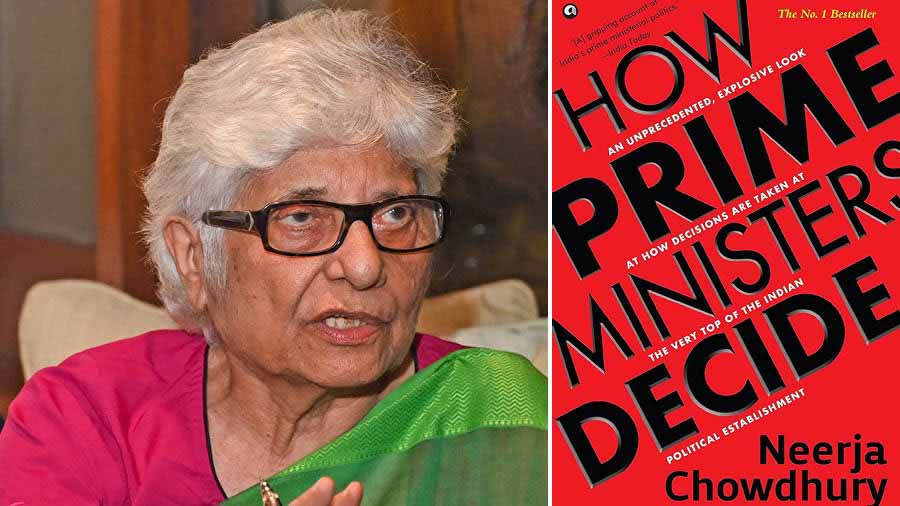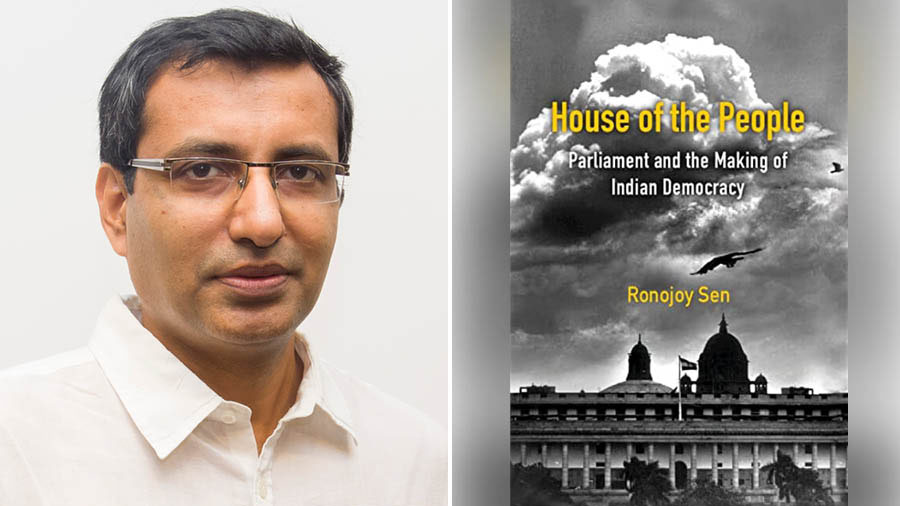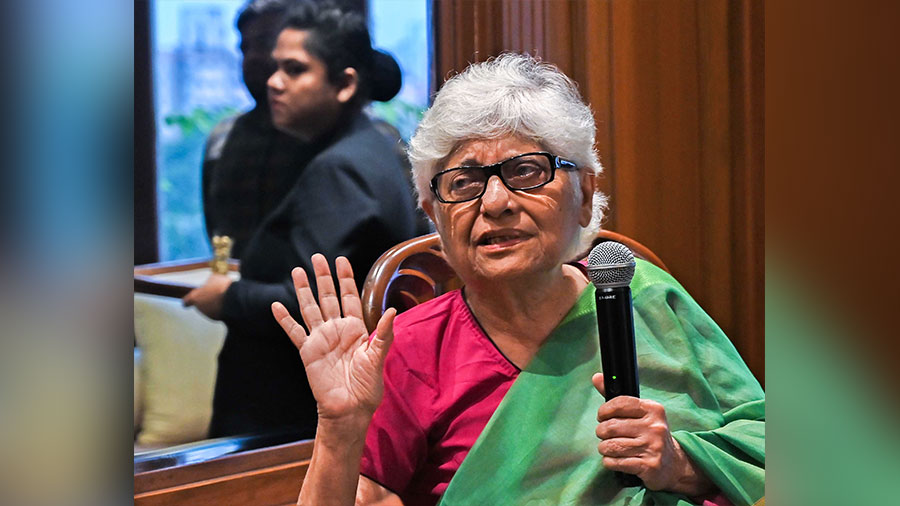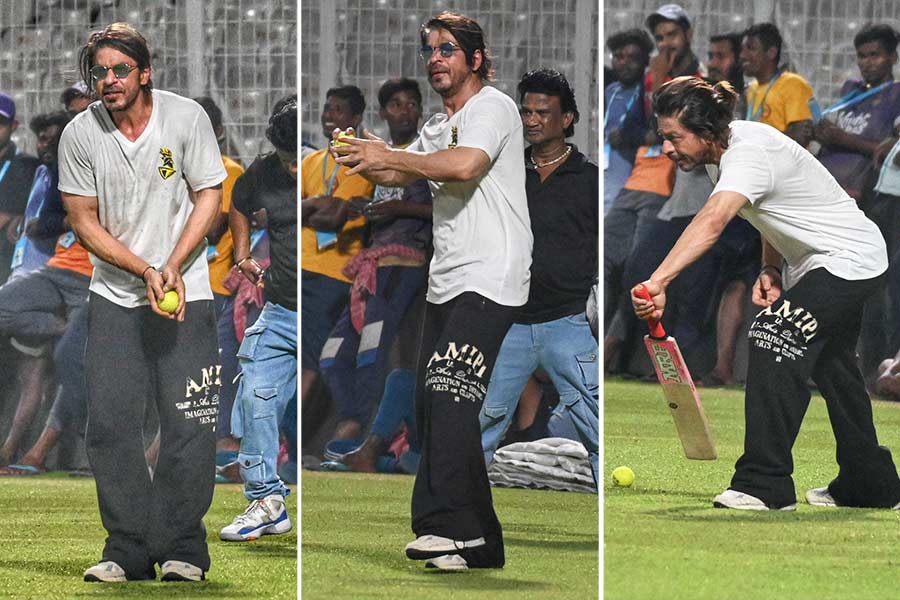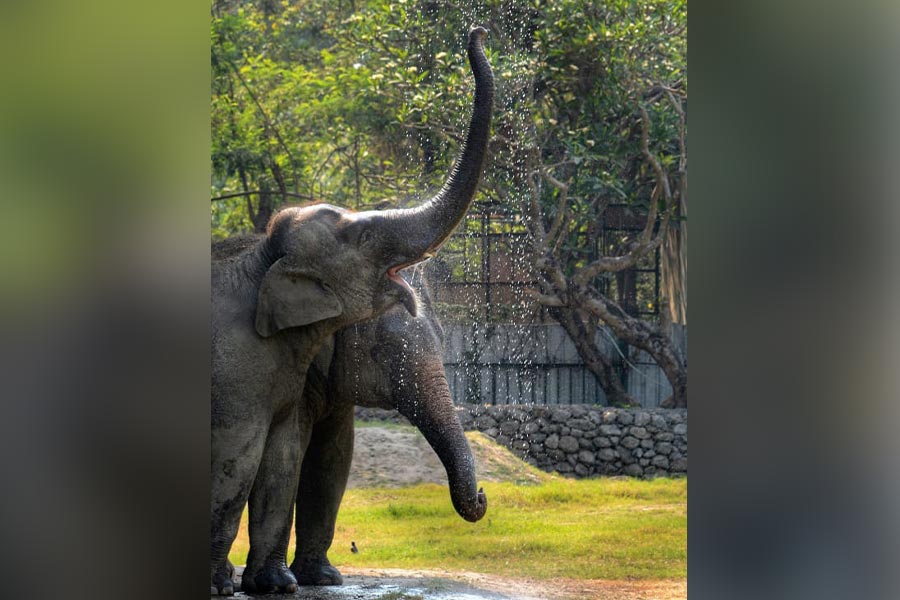Few roles in politics are as fascinating as that of the Prime Minister of India. As the face of governance in the world’s largest democracy, the leader of India’s government should have administrative excellence as well as mass appeal, be able to show courage as well as compromise. Over the course of her 40-year career, journalist Neerja Chowdhury has understood the characteristics and compulsions of PMs better than most, with her intricate notes providing the basis for her new book, How Prime Ministers Decide (published by Aleph Book Company). Besides being mini-biographies of six Indian PMs, the book is a treasure trove of incidents, intentions and interactions pertaining to some of the most crucial decisions in India’s political history since Independence.
My Kolkata caught up with Chowdhury on the sidelines of An Author’s Afternoon, organised by Prabha Khaitan Foundation at Taj Bengal (where Chowdhury was the latest guest), to discuss the trials and tribulations of various PMs, the similarities between India’s first and current PMs, the potential candidates for a future PM and more. Edited excerpts from the conversation follow.
My Kolkata: Your book focuses on six Prime Ministers of India — Indira Gandhi, Rajiv Gandhi, V.P. Singh, P.V. Narasimha Rao, Atal Bihari Vajpayee and Manmohan Singh. Why did you decide to select these six and leave out the rest?
Neerja Chowdhury: When I chose the Prime Ministers for the book, I decided that a thumb rule would be to include those who had completed their terms. There were some exceptions to that. One was Jawaharlal Nehru (who had completed two terms but is not a part of the book) because he came too early on in my career. My political consciousness started after his tenure. The second one was V.P. Singh (who was PM for 11 months but is featured) because I felt he had changed the face of India [by implementing the Mandal Commission Report]. And then there’s Narendra Modi, whom I had decided to cover in the book initially, but then left out because I wouldn’t be able to do justice to him as he’s still an incumbent. With Modi, I didn’t have the benefit of hindsight, which I got with the others.
‘Modi wants to be like Nehru and surpass Nehru’
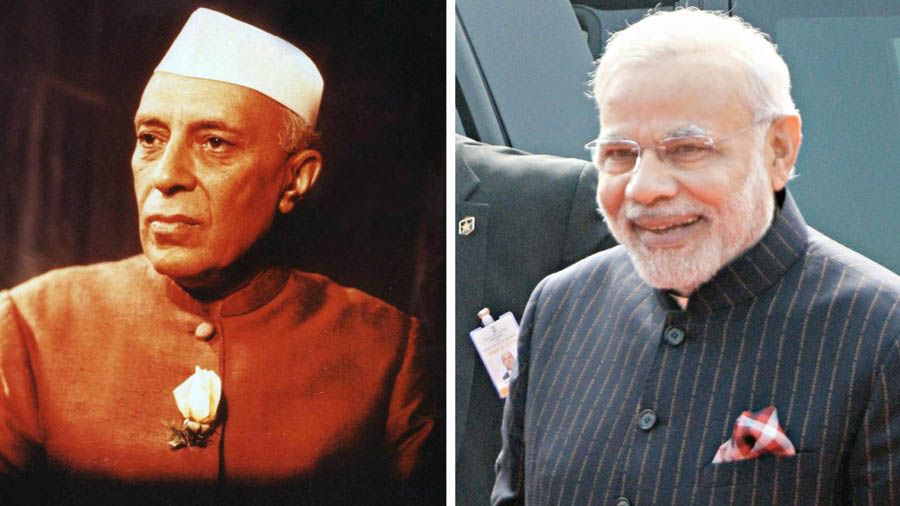
Like Jawaharlal Nehru, Narendra Modi has reinforced India’s global standing, says Chowdhury
TT ArchivesBefore we come to your book proper, you write in the epilogue that India’s first PM, Nehru, and India’s current PM, Modi, share some similarities in spite of the vast differences in their backgrounds and beliefs. Can you shed some light on what unites them?
Karan Singh, a politician who has worked with every Indian PM till date, was the one who first made the comparison between Nehru and Modi (which is mentioned in the epilogue). He told me that Modi may not admit it, but Modi wants to be like Nehru and surpass Nehru. Modi is usually compared to Indira because of his power and popularity. But if you see how Modi is emerging on the world stage today, it’s a lot like Nehru did after Independence as one of the leaders of the Non-Aligned Movement (NAM). Modi’s hosting of G20 is a great example of that. Even a taxi driver in Kolkata, who had no idea of G20, told me that the world is understanding India better because of Modi. Having said that, the differences between Nehru and Modi remain sharper than the similarities. Nehru believed in secularism, scientific temper and minority rights. Modi’s project is that of a civlisational state for the establishment of a Hindu Rashtra.
Manmohan Singh most underrated PM; Narasimha Rao had the toughest challenges
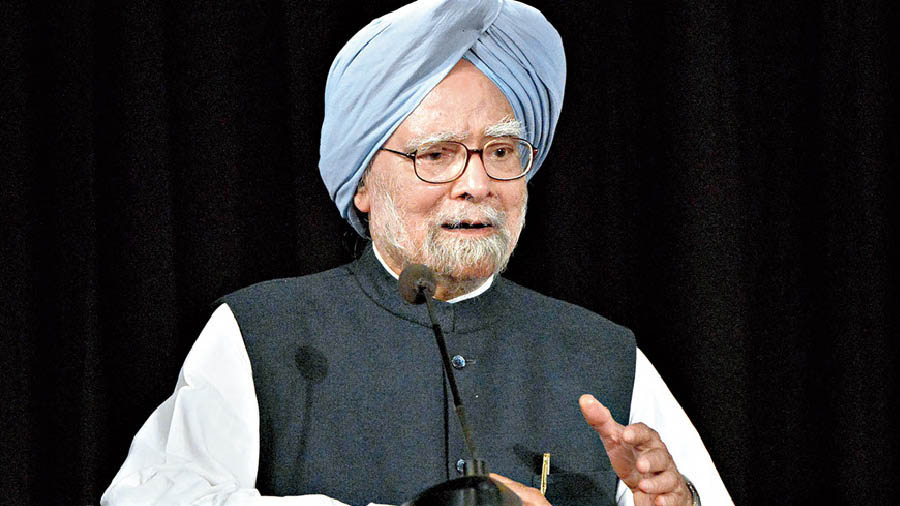
The Indo-US nuclear deal showed Manmohan Singh’s strength of character
TT ArchivesYou have previously mentioned that Vajpayee was an “overrated PM”, but who, for you, was the most underrated? Also, which PM did you feel had the toughest set of challenges to deal with them when they came to power?
In my book, the chapter on Manmohan Singh has the title of ‘The underrated prime minister who triumphed’. Singh is often considered to be among the weakest PMs, with Sonia Gandhi virtually being half-PM at the time. But through the Indo-US nuclear deal, Singh showcased his strength of character. Whether he was underrated in his overall tenure is hard to say, but he was certainly underrated in what he pulled off with the nuclear deal. Singh’s efforts led to a transformation in the strategic partnership between India and the US, which continues with the present dispensation.
To answer the second part, let’s think of when Rajiv took over as PM. Yes, Indira’s assassination had created a climate of uncertainty. But the people of India gave Rajiv a mandate (414 seats) that not even his grandfather had managed. There was a sense of optimism around Rajiv. But, for me, it was Narasimha Rao who inherited the most challenging situation. The economy was in a shambles, Mandal had led to an upper-caste backlash with students immolating themselves, the BJP’s politics of Mandir was in full swing, and Punjab and Jammu and Kashmir were up in flames. There was turbulence all around, but he diffused the tensions and did damage control for the most part, until it came to the demolition of the Babri Masjid.
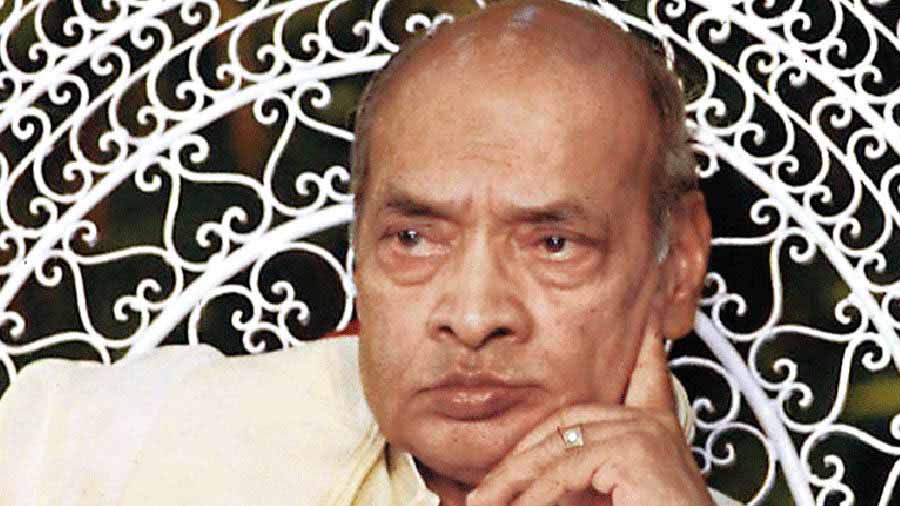
Chowdhury highlighted the left-wing proclivities of P.V. Narasimha Rao when he was chief minister of Andhra Pradesh, which changed when he became PM
TT ArchivesWould it also be fair to say that Rao, who comes across in the book as someone with a tendency to flip-flop, was also the least ideological of all the PMs?
When Rao was the chief minister of Andhra Pradesh, he was the one who brought in the land reforms. He was considered a leftist back in the day. But the Rao that became PM was very different. Although I wouldn’t say that the other PMs were all ideological either. I think power became the ideology of every prime minister after Nehru.
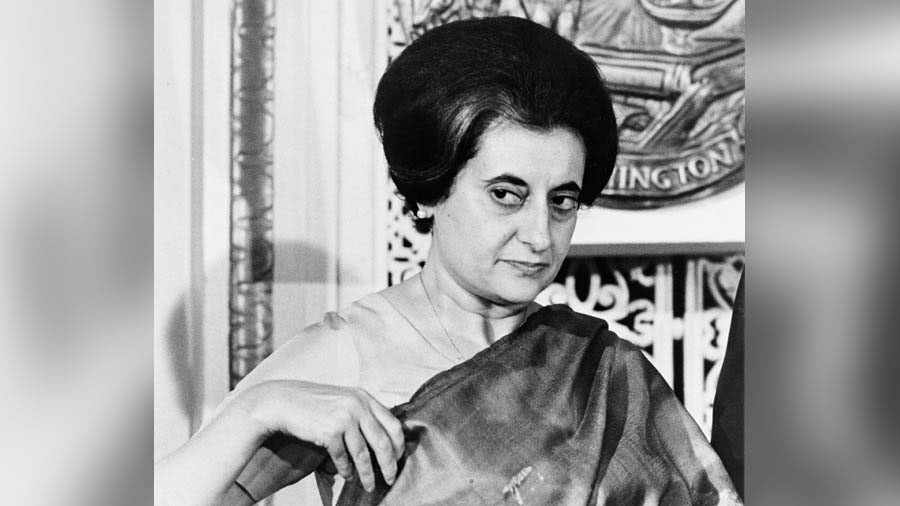
The Indira Gandhi who came back as PM was “more fragile and vulnerable”
TT ArchivesLet us dial back to the days of Indira. Your book unearths some fascinating insights on how religious and superstitious Indira was as PM, particularly after returning to power in 1980. Do you think she changed fundamentally as a person across her two stints as PM?
Yes, it was a different Indira that came back to power in 1980. She got a resounding majority, more than what she had got in 1971, but she became more fragile and vulnerable. Also, remember that she lost Sanjay Gandhi (who died in a plane accident) soon after returning as PM. It was an Indira who had begun to drift, which led to the Punjab problem accelerating and the sending of the army into the Golden Temple [as part of Operation Blue Star in 1984].
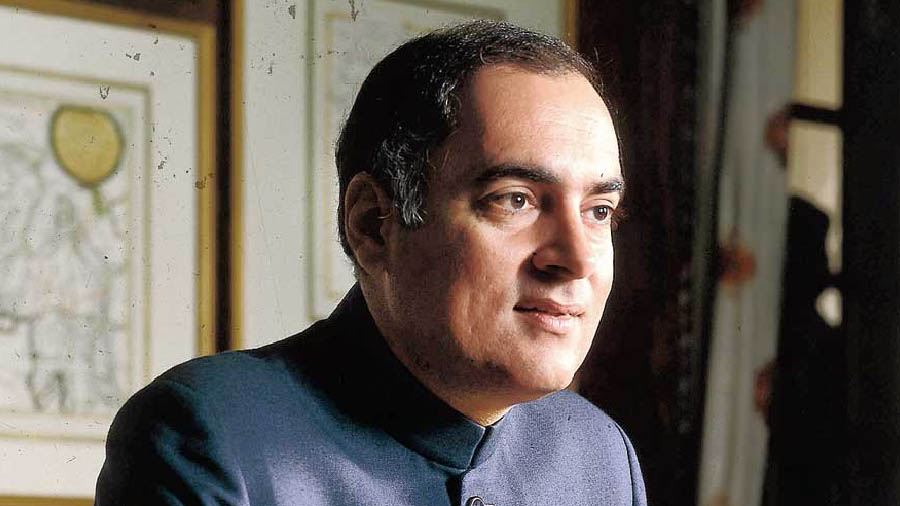
Those around Rajiv Gandhi felt he had matured a lot when he was out of power
TT ArchivesSpeaking of two stints, Indira’s son Rajiv was likely to have his second spell in charge had he not been assassinated in 1991. Could a second Rajiv government have done better than the first?
Many of Rajiv’s colleagues and observers felt that he had matured a lot over the years in which he was out of power. That he had learnt a lot and was no longer politically naive. They believed that if he had got a second term, then perhaps we would’ve seen a different Rajiv. But destiny wasn’t to allow that.
‘Being a moderate in the BJP gave Vajpayee a persona that was larger than that of the party’
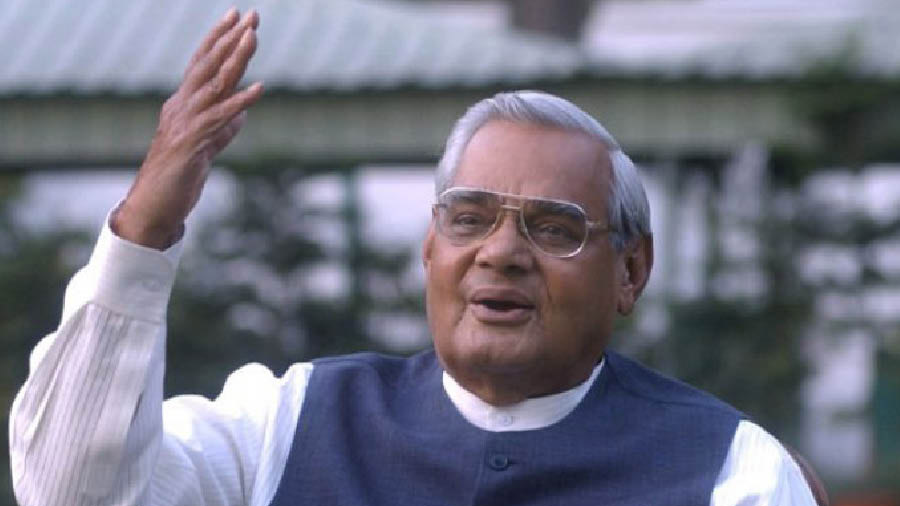
Atal Bihari Vajpayee could regard even his political opponents as his personal friends
TT ArchivesWas Atal Bihari Vajpayee the last of the consensus PMs, someone who genuinely believed in taking all sides together, or at least, commanded bipartisan respect, if not admiration?
Well, the consensus culture in political terms was turned into a compulsion after Vajpayee during the UPA tenure because of the coalition government. Parties had to accommodate in order to survive, as did the PMs. Today, Modi and the BJP don’t need a consensus because they have a brute majority. On the other hand, the interpersonal camaraderie that Vajpayee generated, the fact that he could regard a political opponent as a personal friend, that spirit has slowly died over time. Back then, someone like Vajpayee could pick up the phone and ask an opponent to work things out by dialogue and discussion. There’s also the fact that being a moderate in the BJP gave Vajpayee a persona that was larger than that of the party. Nowadays not only is the camaraderie from the Vajpayee era gone, but there’s also increasing bitterness between the government and the Opposition, which doesn’t make for a happy situation.
‘You and I can only speculate about the state of Indian democracy if Sanjay Gandhi had taken over!’
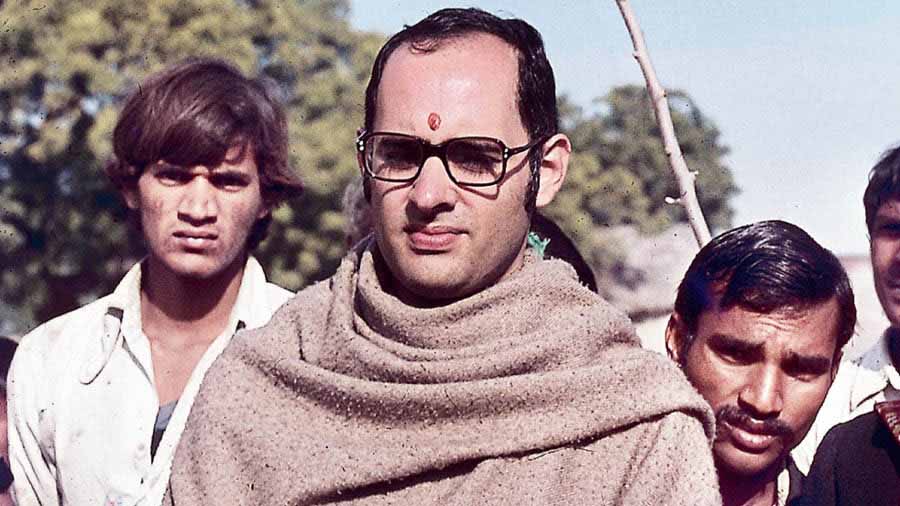
Sanjay Gandhi might have changed the Constitution had he become PM
TT ArchivesFrom the accounts that emerge in your book, it is possible to identify three individuals who became alternative power centres while not being PM themselves — Sanjay Gandhi (under Indira), Arun Nehru (under Rajiv) and Brajesh Mishra (under Vajpayee). Which of these three would have made an effective PM had history given them the chance?
I wouldn’t put Mishra in the same category, since power was delegated to him voluntarily by Vajpayee, who didn’t want to get into the nitty-gritties of everyday governance. Vajpayee knew about everything that Mishra was doing. On the other hand, Arun Nehru was a tough leader who clearly had ambitions to be PM. He thought he could use his cousin (Rajiv), who he thought would be pliant, which didn’t turn out to be the case. I don’t know what kind of PM he would’ve made. Sanjay Gandhi was even tougher — he contemplated changing the Constitution. Indira wasn’t very happy about what Sanjay was doing. You and I can only speculate about the state of Indian democracy if Sanjay had taken over!
Shifting gears to broader issues, is India becoming more and more PM-centric in its politics and governance?
Yes, that’s true. People are talking about a prime ministerial dictatorship these days. Because of the enormous power in the hands of the PM and the Prime Minister’s Office (PMO). They take all the decisions, which are conveyed to the ministers and so on. A variation of this model existed during Indira’s time. Whether India formally moves to a presidential system, which would give the PM far more sway, remains to be seen. Even Indira and Sanjay Gandhi wanted to do that, but not with the checks and balances [of the legislature and the judiciary] of the presidential system in the US.
What do you regard as the most important qualities for someone to become the PM of India?
The ability to take risks. Keeping the long-term vision of the country in mind. An awareness of the larger interests of the people with a focus on the voice of the last person. A country as large as India must be run through consensus, where everyone’s view matters.
‘If you ask me who I’d be excited to see as a future PM, there’s nobody right now’
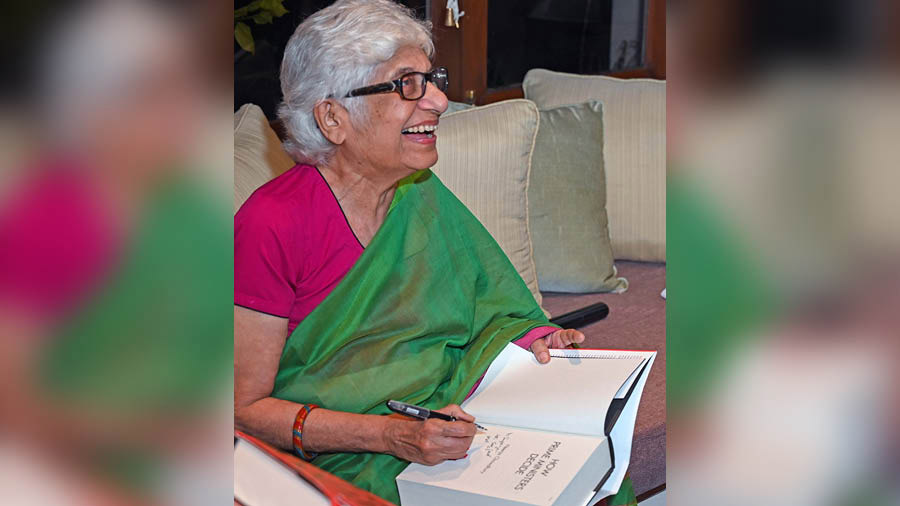
Chowdhury is still waiting for a prospective PM candidate whom she can like
Amit DattaLastly, when you look at the current political landscape of India, do you look at certain leaders as prospective PMs, irrespective of party or ideology?
I don’t feel there’s anyone. In terms of who are candidates from the two sides, there’s Yogi Adityanath, Amit Shah, Himanta Biswa Sarma, among others, from the BJP and Mallikarjun Kharge, Rahul Gandhi, Arvind Kejriwal and Mamata Banerjee from the Opposition. There’s no dearth of names when it comes to who can be or would want to be PM. But if you ask me who I’d be excited to see as a future PM, there’s nobody right now. Maybe the coming days will throw up someone.


